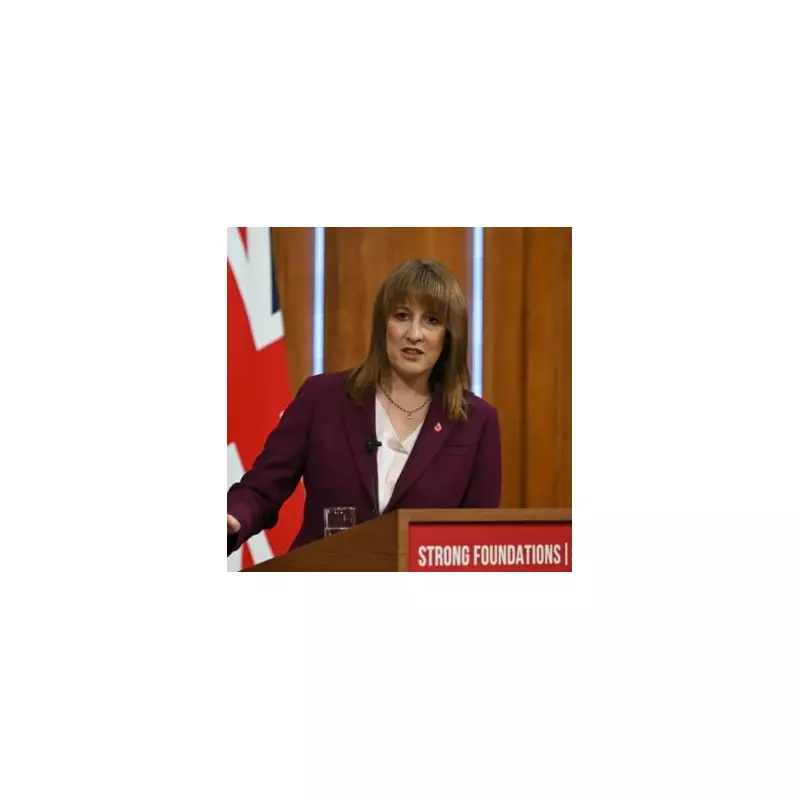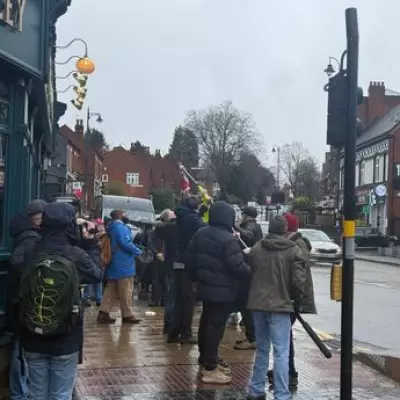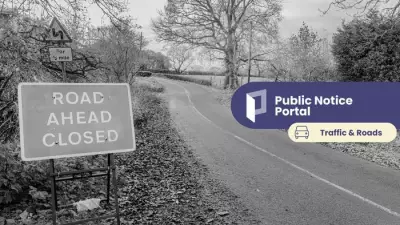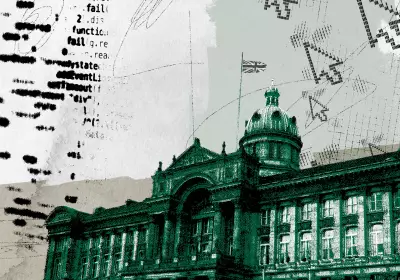
Chancellor Rachel Reeves is confronting intense demands to abandon the government's contentious income tax threshold freeze, as startling new research exposes the devastating financial impact on households across Britain.
The Hidden Tax Hike Hitting Millions
Fresh analysis from the influential Institute for Fiscal Studies (IFS) reveals a sobering reality: the ongoing freeze on income tax allowances is quietly pushing millions of workers into higher tax brackets. This stealthy fiscal manoeuvre represents one of the most significant tax increases in recent British history, yet many taxpayers remain unaware of its full implications.
Fiscal Drag: The Silent Budget Killer
The mechanism behind this financial squeeze is known as 'fiscal drag' - a process where inflation and wage growth combine to push earners into higher tax brackets while thresholds remain static. What makes this particularly concerning is that unlike traditional tax hikes announced in Budget statements, this increase operates silently in the background, gradually eroding household incomes.
Who's Affected by the Threshold Freeze?
- Basic rate taxpayers: Thousands face being pushed into the 40% higher rate bracket
- Middle-income families: Experiencing effective tax increases despite no change in nominal rates
- Pensioners and workers: All feeling the pinch as allowances fail to keep pace with inflation
Political Pressure Mounts on New Chancellor
As the new Labour Chancellor, Rachel Reeves inherits this controversial policy from her Conservative predecessors. However, economic experts and opposition MPs argue she now has both the opportunity and responsibility to address what many are calling an 'unfair stealth tax' that disproportionately affects middle-income Britain.
The Economic Context
The policy comes at a particularly challenging time for UK households, with many still grappling with elevated energy bills, food price inflation, and mortgage costs. The combination of these pressures with hidden tax increases creates what consumer groups describe as a 'perfect storm' for family finances.
What Happens Next?
All eyes now turn to the Chancellor's upcoming Autumn Statement, where she must decide whether to maintain the freeze until its planned 2028 conclusion or intervene to provide relief to struggling households. The decision will signal the new government's priorities and define its approach to balancing fiscal responsibility with public support during ongoing economic challenges.
With the IFS analysis providing clear evidence of the policy's impact, the pressure on Reeves to act continues to intensify. The coming months will reveal whether the new government chooses continuity or change in its handling of this sensitive fiscal issue.





